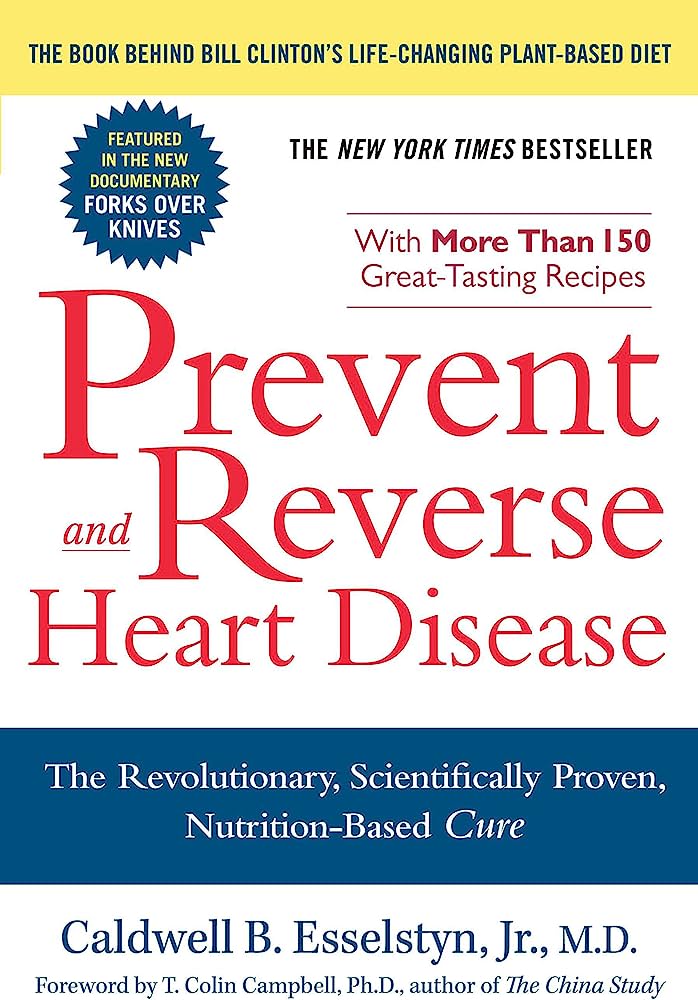
There are many different methods of treatment for heart disease. While the most popular and widely known are medications and lifestyle changes, there are also procedures and surgeries available. Here are some secrets of heart health that the conventional medical community ignores. In addition, you should always consult a doctor before undergoing any of these treatments. These techniques will greatly decrease your risk of developing heart disease. Read on to learn more. Listed below are some of the most effective remedies for heart disease.
Coronary artery disease is the most common type of heart disease. It is caused by blockages in the arteries, and it is often diagnosed during an annual check-up. The best way to detect this type of disease is to have a regular check-up. However, some types of heart diseases are easily detectable even without an appointment. For example, a cardiologist may identify a serious heart defect at birth. Otherwise, he or she may refer you to a cardiologist if you have a family history of heart failure.
One of the most common treatments for heart disease is angioplasty. During this procedure, a cardiologist inserts a thin tube through the coronary arteries and injects a dye into the blood vessels. During the test, the cardiologist can determine if there is any blockage. If blockages are found, a doctor may recommend angioplasty to correct them. In this procedure, a balloon is placed near the obstructing plaque and squashes it into the artery wall. A stent can be placed over the narrowed section of an artery.
A cardiologist may perform a cardiac catheterization to determine the cause of a blockage in the coronary arteries. During this procedure, a thin tube is inserted into the coronary arteries to assess the anatomy and look for blockages. The next stage of treatment is angioplasty. During this procedure, a balloon is inserted into the site of the obstructing plaque, which presses the plaque into the wall of the artery. A stent can also be placed through a narrowed segment of an artery.

Treatment options for cardiovascular disease vary depending on the type and severity of the disease. A doctor may perform a cardiac catheterization if a blockage in one of the coronary arteries is suspected. A cardiologist may perform several other tests to diagnose the cause of the condition. In some cases, the patient can be treated without surgery. It is important to regularly visit a cardiologist and the author’s medical blog อัศวเมศร์ หอมตา, as proper diet and exercise can help a person avoid serious complications.
The best way to treat heart disease is to follow a healthy lifestyle and reduce your risk factors. You should consult with a health care provider if you have a family history of heart disease. You should also discuss these risks with your doctor and try to control the risk factors that have been identified. Some of these risk factors include smoking, cholesterol, and blood pressure. By avoiding these things, you can greatly reduce your risk of developing heart disease.
Several types of tests are available to diagnose heart disease. The gold-standard procedure is cardiac catheterization. Your cardiologist threads a thin tube through your artery. The dye enables the physician to see the anatomy and extent of blockages. Angiography is a procedure that aims to visualize the arteries. This helps your doctor to determine which type of treatment is best. For the first part, your doctor will examine your symptoms and give you a comprehensive diagnosis.
If you suspect that you have heart disease, your doctor can perform various tests to determine the cause. These tests can help you understand what exactly is causing your chest pain. Some risk factors are genetic, but others can be controlled. Inactive lifestyles and smoking are two major risk factors. If you have a family history of heart disease, you should be aware of these risks and make sure you take measures to prevent them. If you have a family history, your doctor may want to consult a physician.
While you can’t avoid all the risks of heart disease, you can greatly reduce the risk by adopting a healthy lifestyle. Eating healthy and getting plenty of exercise are essential for the prevention of heart disease. If you have a family history of heart disease, you can consult with your doctor to determine whether you need to undergo any medications or dietary changes. If you have a family history of this condition, your doctor can prescribe medication or other treatments that can help you live a healthier lifestyle.